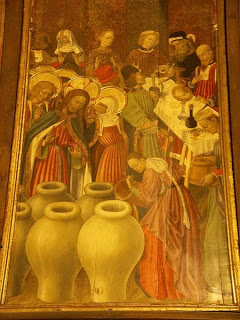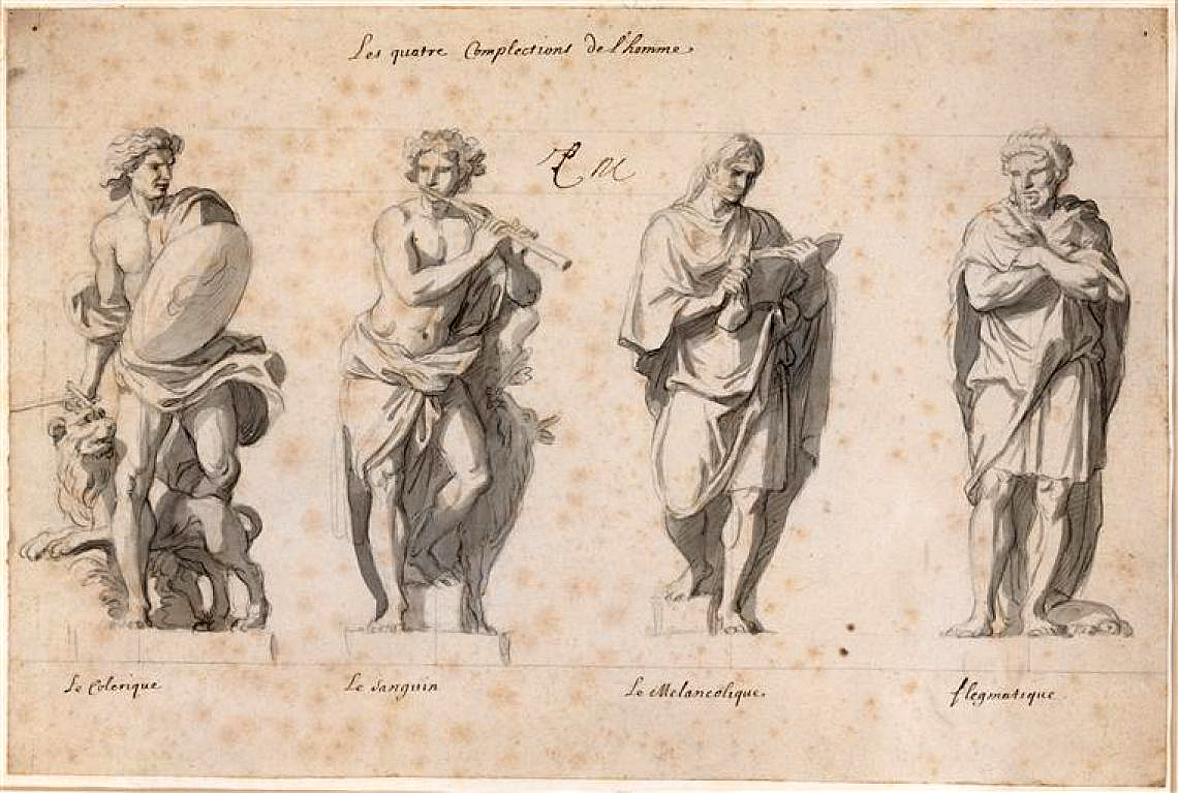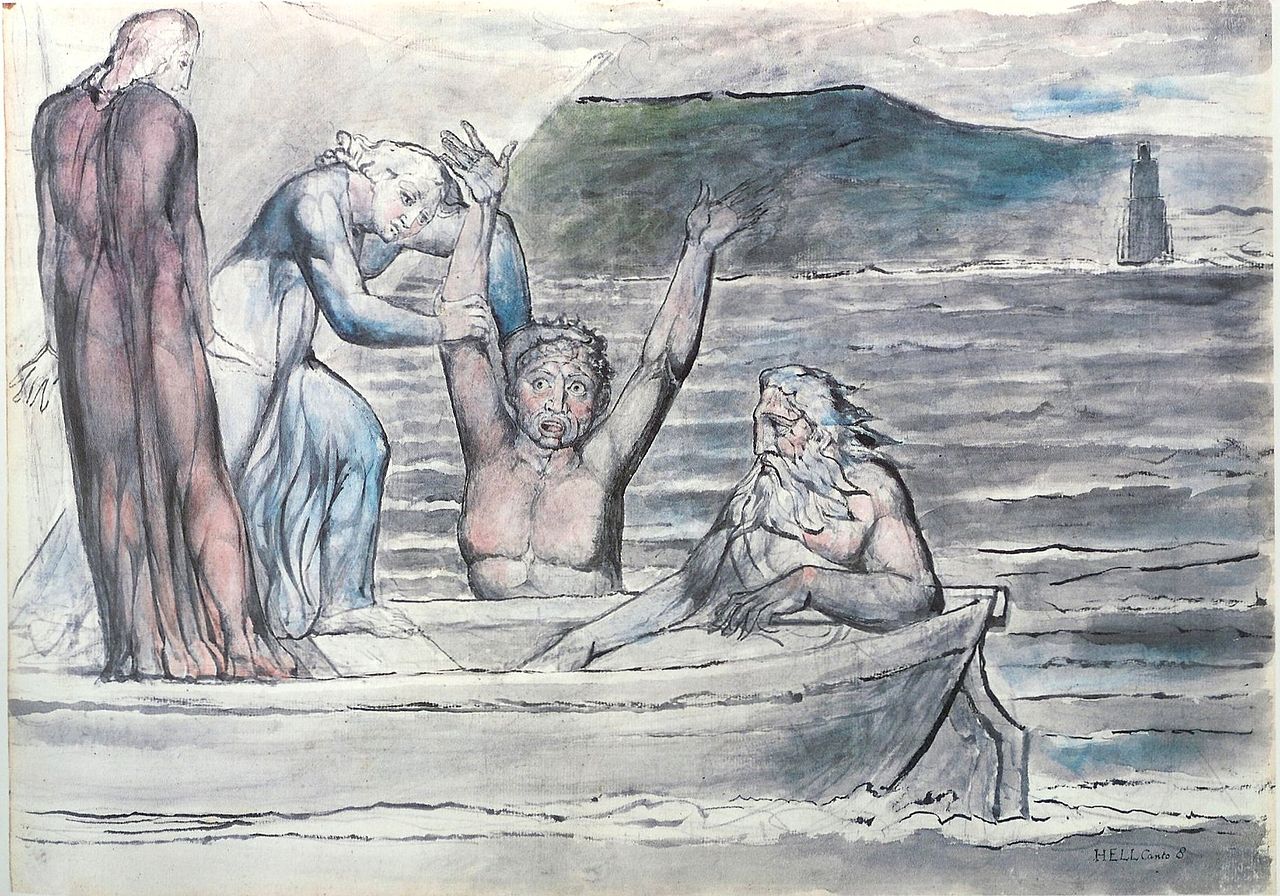
In the past week we’ve celebrated two major Carmelite feasts: Our Lady of Mt. Carmel (July 16) and the prophet Elijah (July 20). These two great saints in different ways exemplify what Carmelite spirituality is about.
Elijah demonstrates the prophetic aspect of Carmelite spirituality. The Carmelite seal bears these words of his as a motto:
With zeal have I been zealous for the Lord God of Hosts (1 Kings 19:10).
Consumed with zeal for holinessElijah was not afraid to confront the rulers of his day. He risked death to preach repentance to King Ahab, while Queen Jezebel launched an anti-crusade to wipe out God’s prophets. He challenged the prophets of Baal to a contest on Mt. Carmel to see whose god would consume a sacrifice with fire from Heaven. After winning that contest (surprise!), Elijah had all the false prophets killed. He led the people to re-commit themselves to the true God.
Then he went and prayed that, seeing their repentance, God would send rain. Elijah’s prayers had kept the land in drought for three years.
So Ahab went up to eat and to drink. And Eli′jah went up to the top of Carmel; and he bowed himself down upon the earth, and put his face between his knees. And he said to his servant, “Go up now, look toward the sea.” And he went up and looked, and said, “There is nothing.” And he said, “Go again seven times.”And at the seventh time he said, “Behold, a little cloud like a man’s hand is rising out of the sea.” And he said, “Go up, say to Ahab, ‘Prepare your chariot and go down, lest the rain stop you.’” And in a little while the heavens grew black with clouds and wind, and there was a great rain. And Ahab rode and went to Jezreel. (1 Kings 18:42-45)Since medieval times, Carmelites have seen the cloud as a symbol of Mary. She rises from the sea of our fallen humanity, a human being herself, yet without the stain of sin. She pours down on God’s people the pure water of His grace from Heaven. So the return of rain to the land of Israel is also a prophecy of the Woman whose cooperation with God’s grace will bring about the Incarnation.
Here are some more facts about Elijah:
His name means, “Yahweh is God.”He heard God speak to him in a gentle whisper (or “still, small voice”).He nearly despaired because he thought he was the last surviving faithful Israelite.He said, “The Lord my God lives, in whose presence I stand” (1 Kings 18:15).He raised a boy from the dead.He was taken up to Heaven in a chariot of fire.
Continue reading at Contemplative Homeschool.











